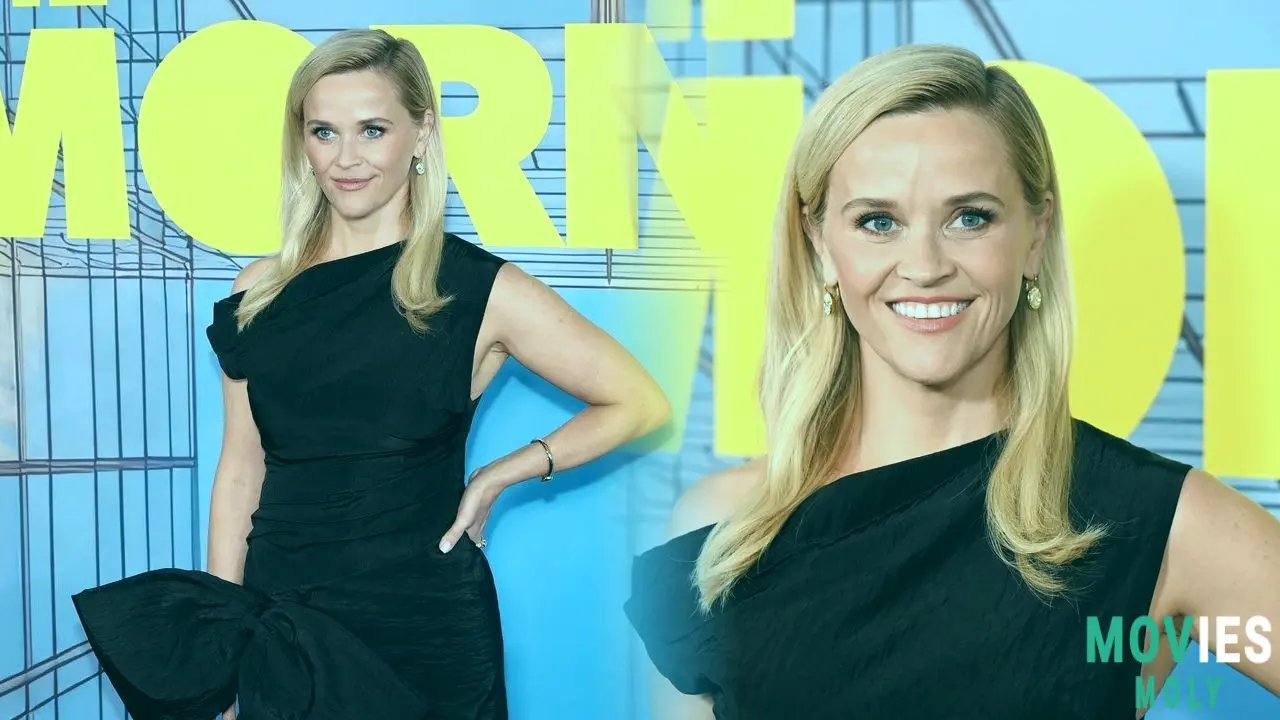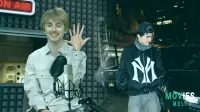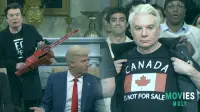Reese Witherspoon recently opened up about the immense pressure of hosting Saturday Night Live right after 9/11, calling the experience a "zero-star" ordeal that kept her away from the show for over a decade.
TL;DR: Quick Bites from Reese's SNL Revelation
- Reese Witherspoon found hosting the first SNL after the September 11 attacks "too much responsibility" as a 24-year-old.
- SNL creator Lorne Michaels personally urged her to host, emphasizing the national need for laughter and a return to normalcy.
- The intense, high-pressure experience led her to avoid returning to Saturday Night Live for nearly 15 years after her debut.
Imagine being 24, a brand-new mom, and riding high on the success of a blockbuster movie. Now, imagine being asked to step onto one of the world's most watched stages just weeks after a national tragedy that shook the globe. That was Reese Witherspoon's reality when she hosted the first Saturday Night Live episode following the devastating 9/11 terrorist attacks in 2001.
And how does the Oscar winner recall that monumental, emotionally charged night? With a candidness that's both surprising and utterly understandable. "I would give that zero stars. Do not recommend," Witherspoon recently shared on Dax Shepard's "Armchair Expert" podcast. It’s a striking sentiment for an actress known for her cheerful public persona, highlighting the extraordinary circumstances she faced.
The Unimaginable Weight of National Grief and Entertainment ExpectationsThe decision to put on the show at all, let alone for a young host, was fraught with tension. The country was reeling, and New York City, the heart of SNL, was in profound mourning. Despite the heavy atmosphere, SNL creator Lorne Michaels felt a powerful responsibility to bring laughter back to America. He made a direct, heartfelt plea to Witherspoon.
“Lorne Michaels called me and he said, ‘I really need you to show up. I really, really need this. Rudy Giuliani’s gonna be here. All the firefighters are gonna be here. Paul Simon is gonna sing. I just need you to come out and do something a little light and tell America, 'You can’t feel sad. We gotta laugh again. We’ve got to get back the national spirit,'” — Reese Witherspoon, on Dax Shepard's "Armchair Expert" podcastWitherspoon, fresh off the massive box office success of Legally Blonde that summer, was also navigating the early days of motherhood with a one-year-old baby. Yet, she felt compelled to accept. Her "Southern and military ethics," as she described them, meant that once she committed, she saw it through. This blend of personal upheaval and immense public duty created an almost unbearable pressure cooker for the young star.
A 'Fearless' Performance Under Immense Public Scrutiny
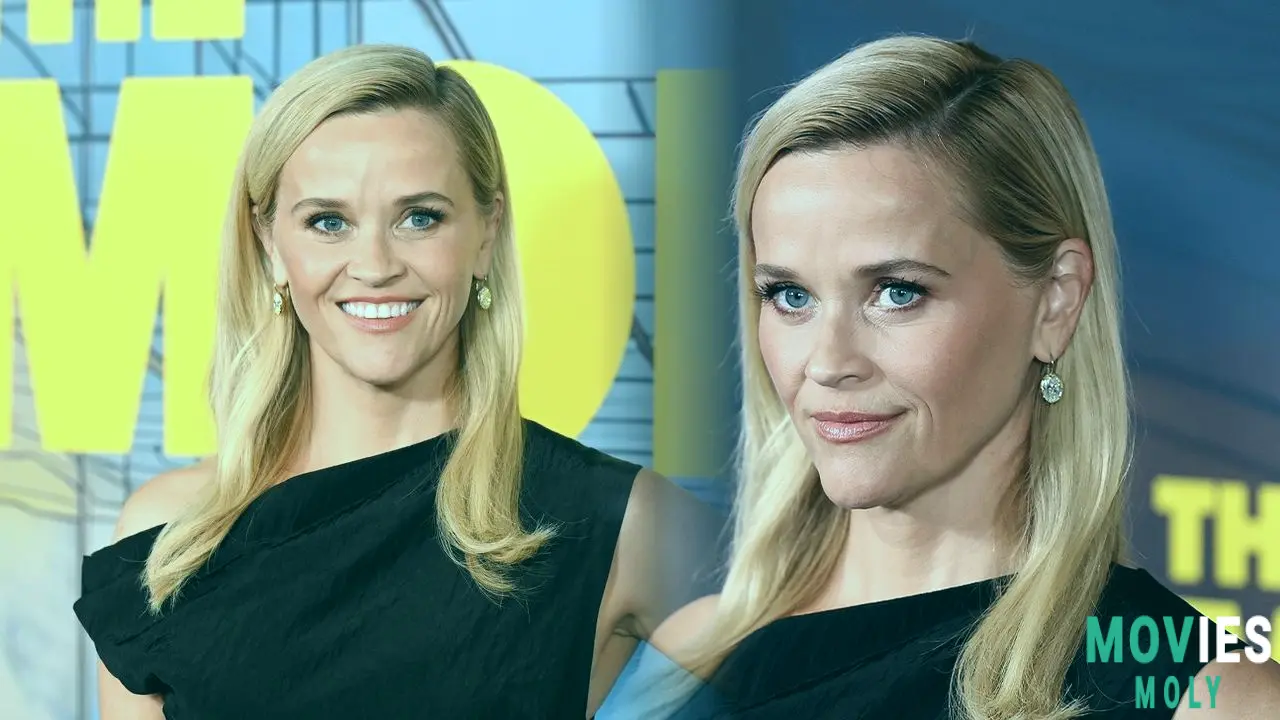
The episode, which aired on September 29, 2001, wasn't just Witherspoon's hosting debut; it was also the first show for future SNL legends Seth Meyers and Amy Poehler. It opened with then-New York City Mayor Rudy Giuliani, surrounded by firefighters and police officers, giving a powerful, unifying speech. Paul Simon delivered an emotional rendition of "The Boxer," setting a somber yet hopeful tone before the show transitioned into its more traditional sketch comedy format.
During the live taping, Witherspoon recalled feeling completely detached. "I completely left my body," she admitted. The pressure of the moment, the live television aspect, and the raw national emotion proved to be an overwhelming combination. The challenge was immense: how do you balance the need for levity with the crushing weight of reality?
Not everyone agreed on the right approach. Then-SNL writer Hugh Fink told Rolling Stone for an oral history of the episode that Witherspoon’s opening monologue, which didn’t directly address 9/11 and included a light joke about a polar bear, created a "disconnect." Fink felt the show was "going in the opposite direction" of the somber mood.
However, Lorne Michaels saw things differently, admiring Witherspoon's resolve. He praised her as "fearless" for stepping up. "There were lots of people saying, 'I don’t think you can go on.'... I knew it was very, very important that we show up," Michaels explained, underscoring the broader mission of SNL as a cultural touchstone in a time of crisis. This highlights the inherent tension between an individual performer's capacity and a national institution's perceived duty.
Example of Balancing Personal Strain and Public Obligation
Example: Think of a promising junior executive who has just landed a huge client account, a career-making moment, while also juggling the demands of a new baby at home. Then, a major, unexpected crisis hits their company, and their boss asks them to be the public face of a crucial, high-stakes presentation. The personal exhaustion and professional pressure would be immense, requiring them to compartmentalize their own feelings for the greater good of the organization. This mirrors the difficult position Witherspoon found herself in, a testament to her professionalism and courage.
Why the Lengthy Hiatus from the Iconic 30 Rock Stage?
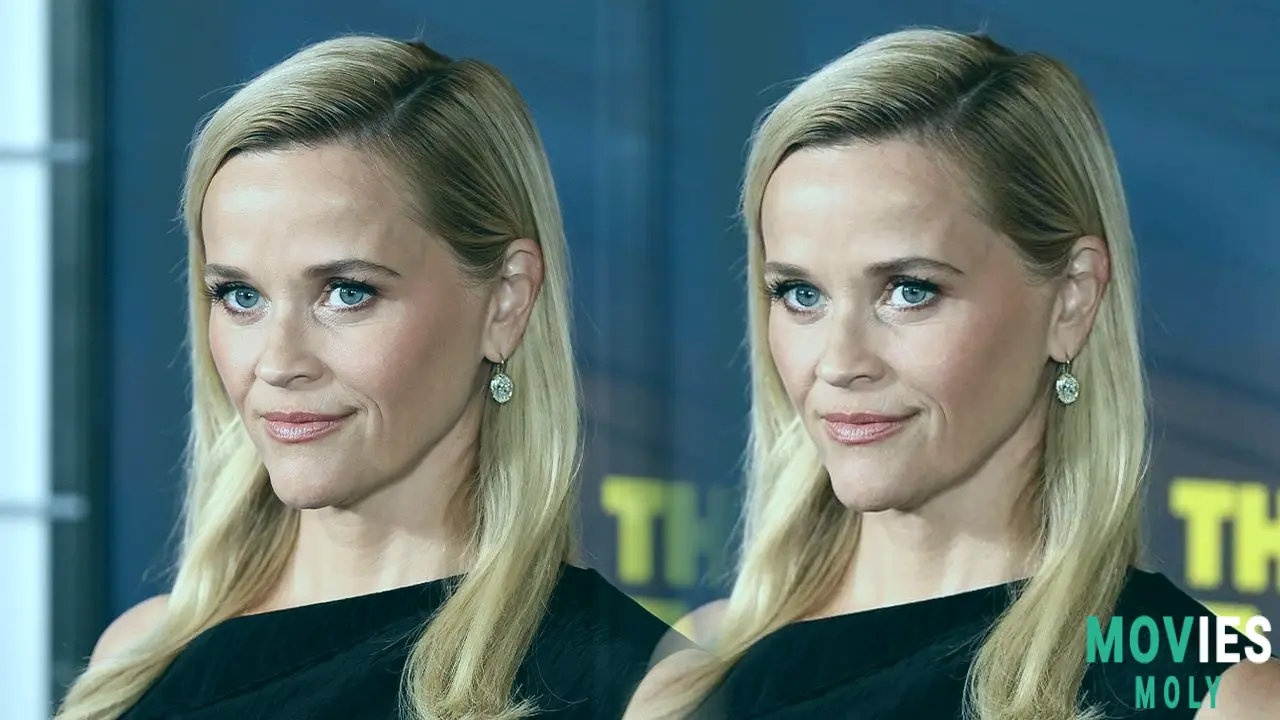
The profound impact of that first hosting gig clearly left its mark. Witherspoon’s "zero-star" rating wasn't just a throwaway line; it reflected an experience so intense that she "did not go again for 15 years." The emotional and psychological toll of such a public responsibility, combined with her personal life, created a barrier that took well over a decade to overcome.
She finally made her return to host SNL in 2015 for Season 40, with musical guest Florence and the Machine. Upon her return, she reflected on that initial experience with a more distant, appreciative perspective. She told Yahoo! News that she was "so proud to be there and be on stage with firemen and Paul Simon," acknowledging Lorne Michaels' "incredible job getting that show back on its feet and making America laugh again." It seems time and distance allowed her to recognize the historical significance of the event, even if the personal experience was deeply challenging.
This long absence wasn't a slight against the show itself. As Witherspoon clarified, "It’s not the show’s fault. It was just too much responsibility for a 24-year-old girl." Her candidness offers a rare glimpse into the hidden pressures faced by even the most successful stars when thrust into unforeseen, high-stakes public roles.
Practical Takeaways from Witherspoon's Unforgettable SNL Moment
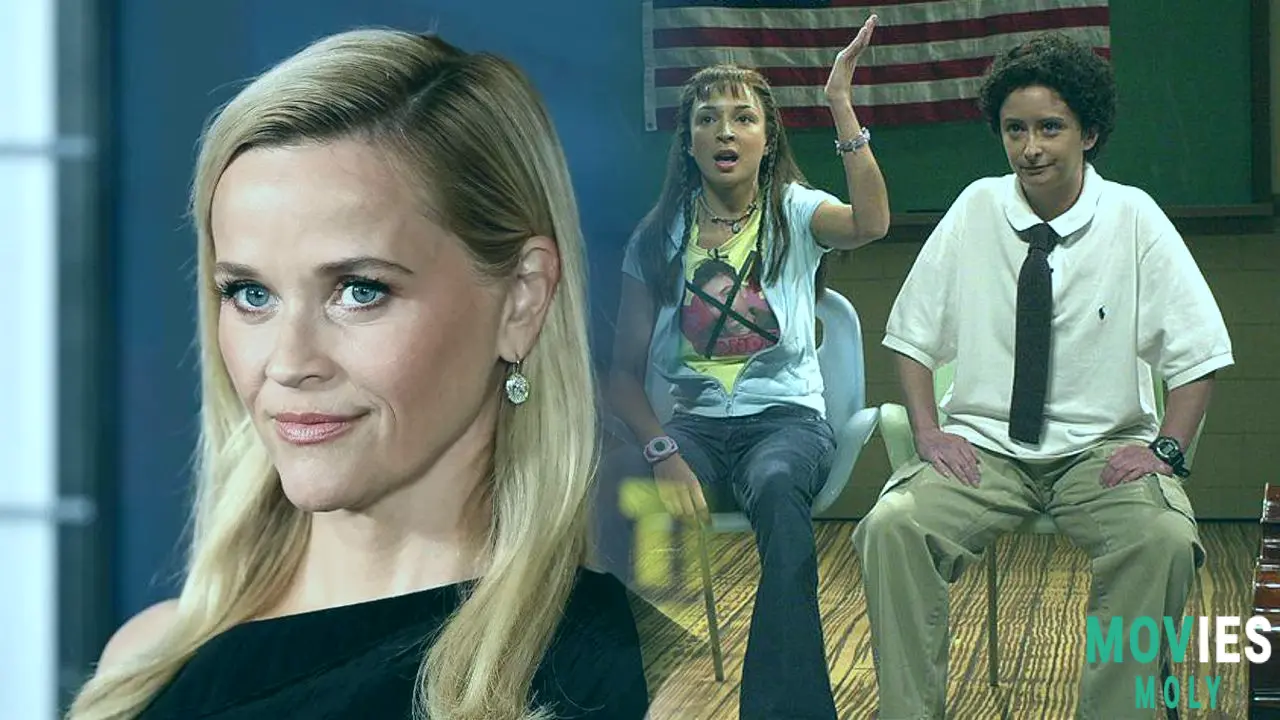
- The Unseen Pressures of Public Roles: Even seasoned performers can be overwhelmed by unexpected, high-stakes public responsibilities, especially during national crises.
- Resilience Under Pressure: Witherspoon's ability to "do something light" for the nation, despite immense personal and public stress, showcases remarkable fortitude.
- The Power of Laughter in Crisis: Lorne Michaels' conviction that America needed to "laugh again" after 9/11 highlights the essential role of entertainment in healing and maintaining national spirit.
- Personal Cost of Public Service: Fulfilling a critical public role can come with significant personal and emotional costs, potentially leading to long-term avoidance of similar situations.
- Perspective Through Time: While an experience might be traumatic in the moment, hindsight can bring appreciation for its larger historical or cultural significance.
Frequently Asked Questions About Reese Witherspoon's Post-9/11 SNL Episode
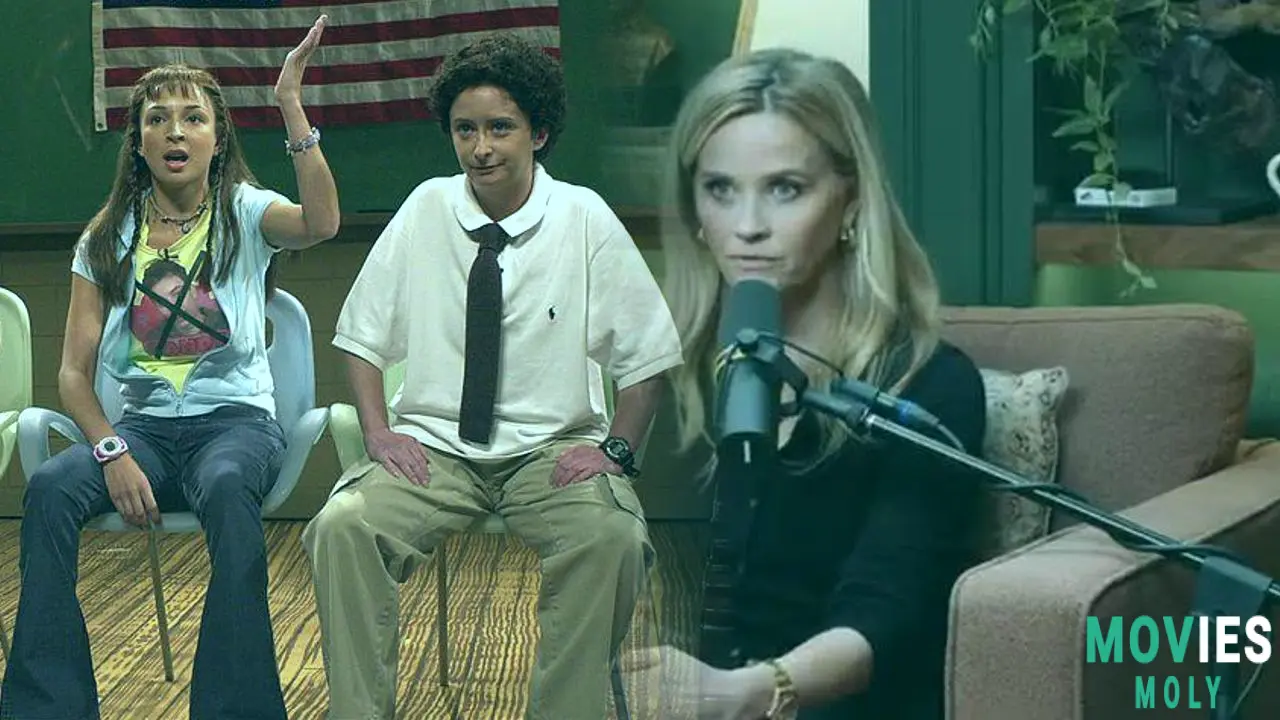
Reese Witherspoon hosted the first Saturday Night Live episode after the September 11, 2001, terrorist attacks, which aired on September 29, 2001.
Why did she feel it was "too much responsibility"?At 24 years old, she was a new mom with a one-year-old, and fresh off the huge success of Legally Blonde. The immense national grief and the expectation to help America "laugh again" created an overwhelming amount of pressure and responsibility.
Who else was part of that historic SNL episode?The episode featured a speech by then-New York City Mayor Rudy Giuliani, surrounded by firefighters and police officers. Paul Simon performed "The Boxer," and Alicia Keys was the musical guest. It also marked the debut of long-time cast members Seth Meyers and Amy Poehler.
When did Reese Witherspoon return to host SNL again?After her challenging debut, Reese Witherspoon did not return to host Saturday Night Live for nearly 15 years, finally making her comeback in 2015 during Season 40.
Sources:
- Carly Thomas, The Hollywood Reporter: "'One Battle After Another' Breakout Teyana Taylor Takes Over" (November 3, 2025)
- Eboni Boykin-Patterson, The Daily Beast: "Reese Witherspoon Recalls Nightmare ‘SNL’ Hosting Experience" (November 3, 2025)
- Zack Sharf, Variety: "Reese Witherspoon Did Not Return to ‘SNL’ for Nearly 15 Years After Hosting the First Episode After 9/11" (November 3, 2025)
- Mike Redmond, Pajiba: "Reese Witherspoon Had a Good Reason for Staying Away From 'SNL'" (November 3, 2025)
- The Independent: "Reese Witherspoon admits hosting first SNL after 9/11 was ‘too much responsibility’" (November 3, 2025)
- Grant DeArmitt, Popverse: "Reese Witherspoon recounts Lorne Michaels begging her to host post-9/11 SNL episode; gives the experience 'zero stars'" (November 4, 2025)
- Geo News Digital Desk, Geo News: "Reese Witherspoon gives 'zero stars' to her debut" (November 4, 2025)
- The News Digital, The News: "Reese Witherspoon makes shocking revelation about her SNL experience" (November 4, 2025)

